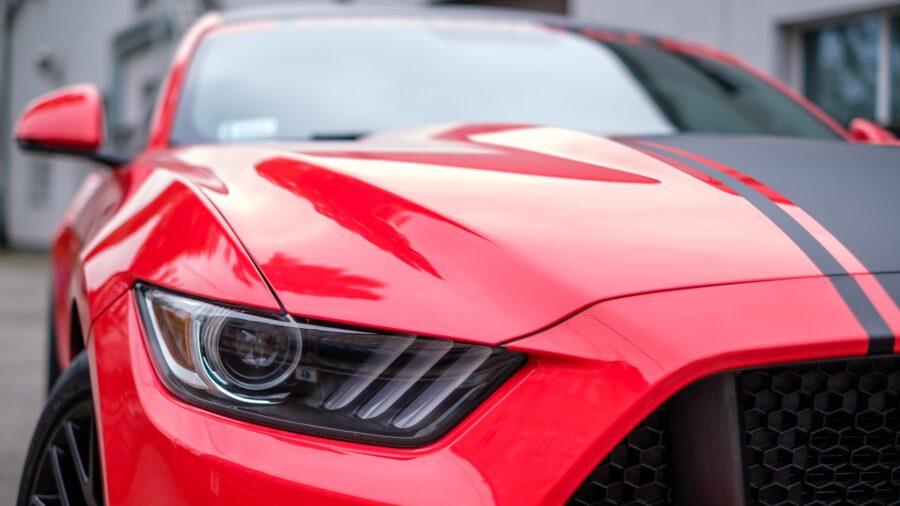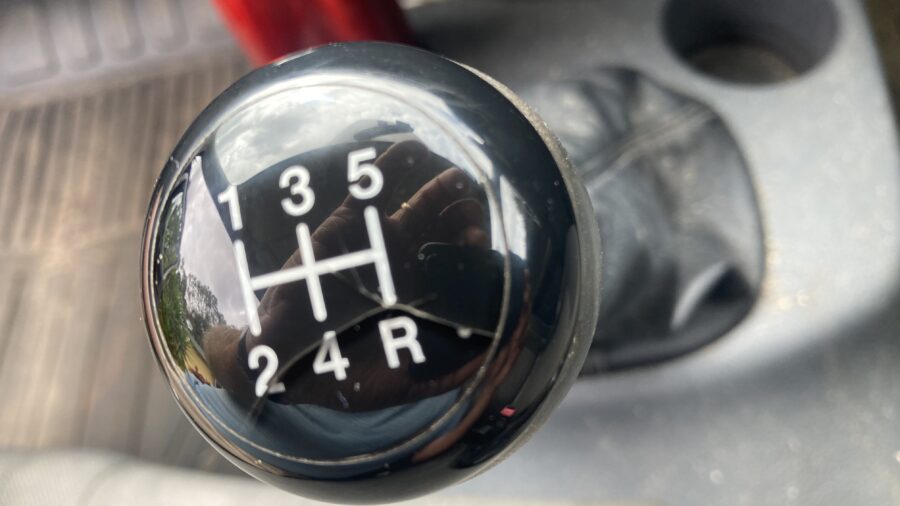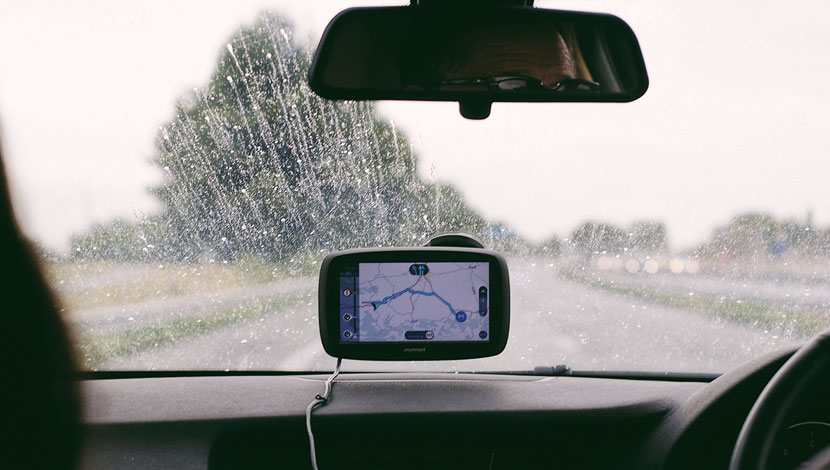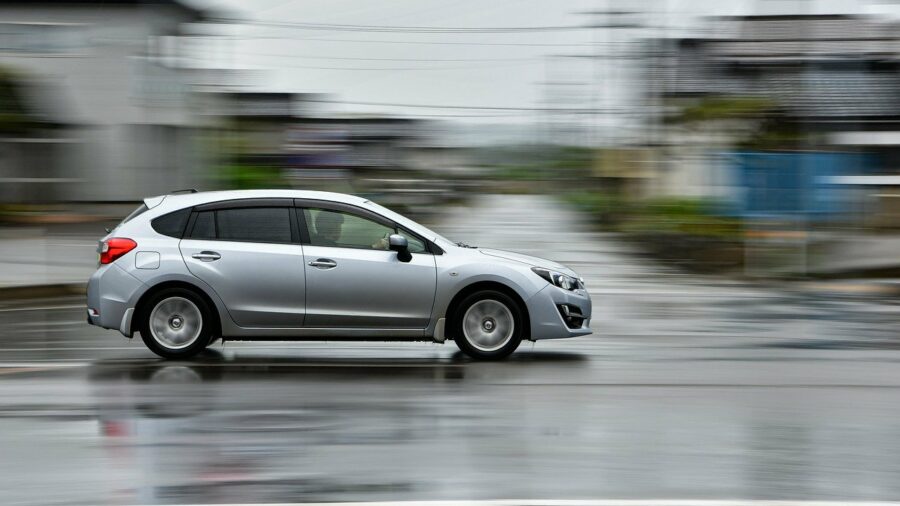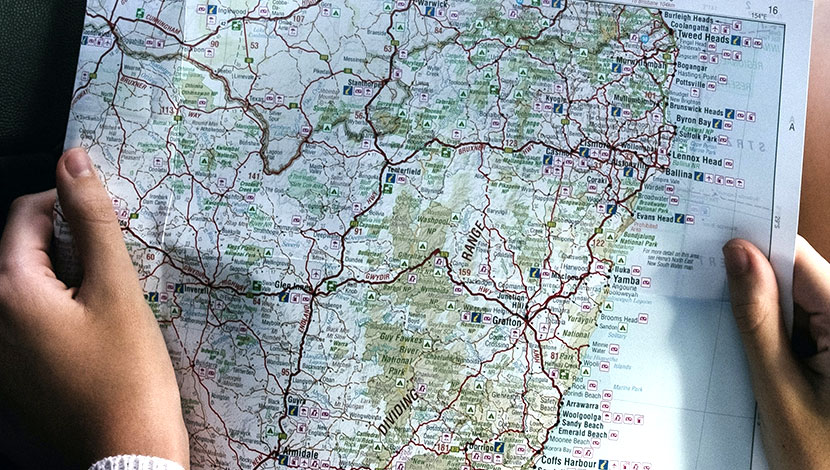Comprehensive insurance is optional cover for your vehicle if you’re involved in a road accident. Don’t confuse this with compulsory third party (CTP) insurance. Your CTP or green slip is mandatory and designed to cover personal injury or death. Find out how your comprehensive insurance is priced. Read More
